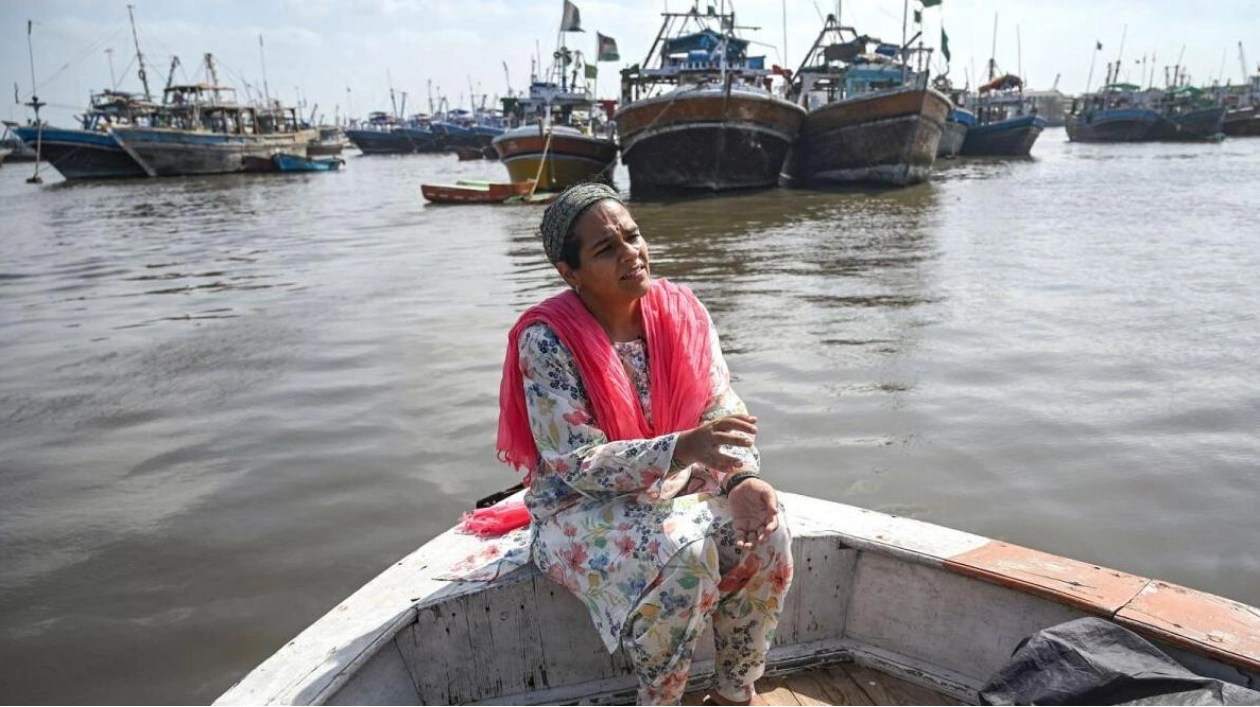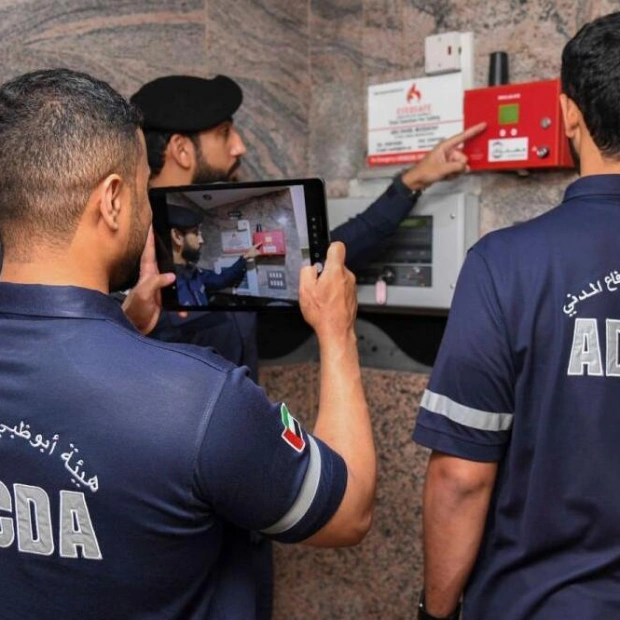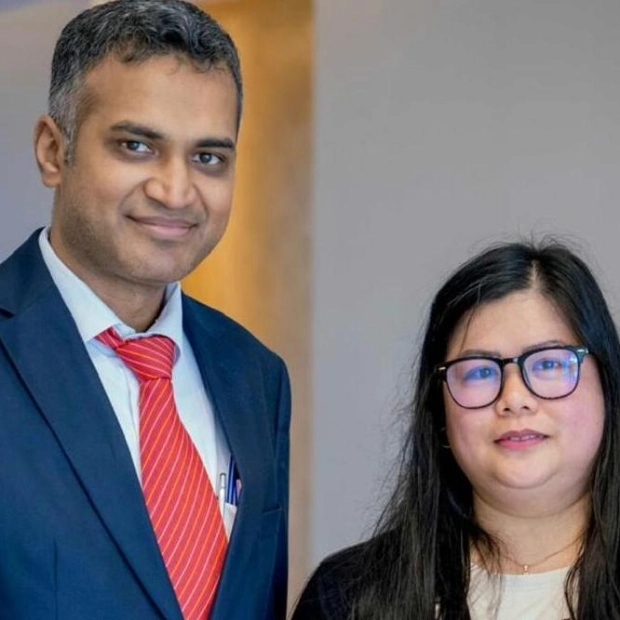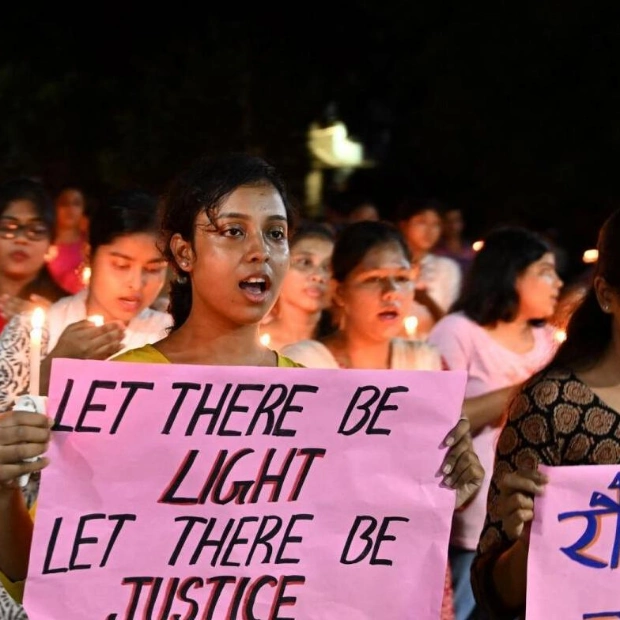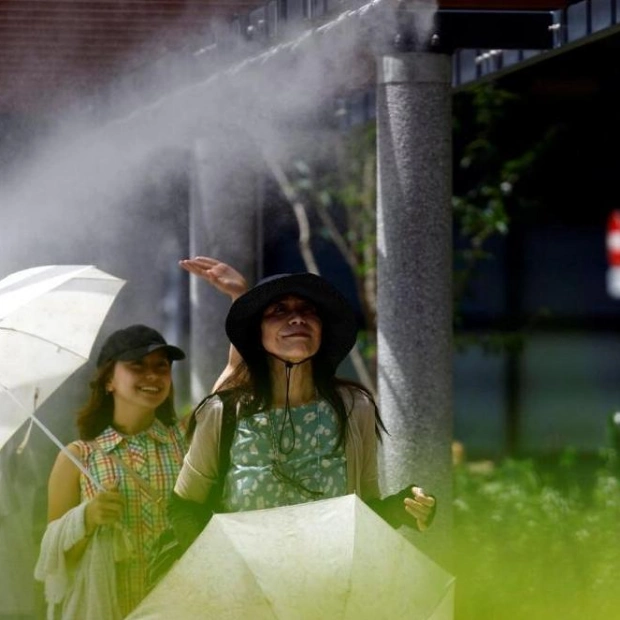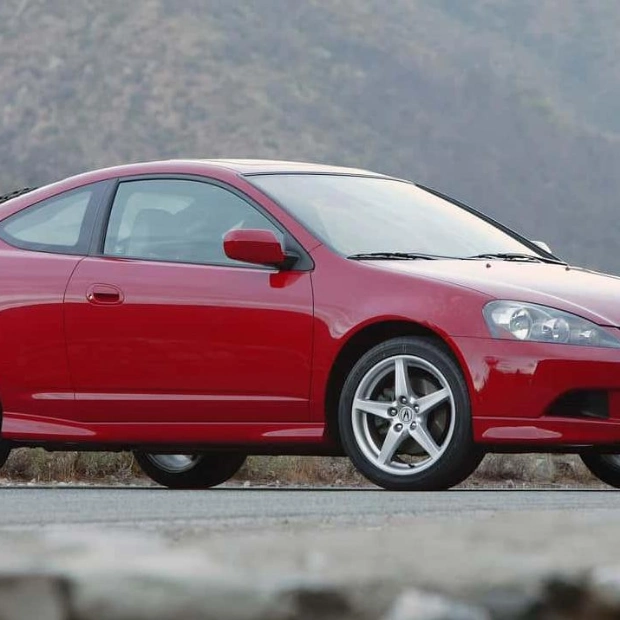On a densely populated island near Karachi, Pakistan, a group of pregnant women endure a scorching heatwave, awaiting the arrival of the sole midwife from the mainland. Each week, Neha Mankani travels by boat ambulance to Baba, an ancient fishing community and one of the world's most crowded islands, home to approximately 6,500 people on a mere 0.15 square kilometers. Climate change is causing the surrounding seas to rise and the land to heat up. Prior to Mankani's boat ambulance service launching last year, expectant mothers were left at the mercy of the elements.
At the entrance to her island clinic, 26-year-old Zainab Bibi waits, pregnant once more after a miscarriage in the second trimester last summer. "It was a very hot day, I was not feeling well," she recounts. Her husband spent hours negotiating with boat owners before one agreed to take them to the mainland—but it was too late. "By the time I delivered my baby in the hospital, she was already dead," she laments. Heatwaves in Pakistan are becoming more intense, prolonged, and frequent, making it one of the countries most susceptible to extreme weather due to climate change. In May and June, temperatures soared above 52 degrees Celsius for several days.
"Climate change doesn't affect everyone equally," Mankani explains during a 20-minute boat ride. "Pregnant women and newborns, postpartum women are definitely more affected." She notes an increase in low-birth weights, preterm births, and pregnancy losses during the summer months. According to a study in the British Journal of Obstetrics and Gynaecology, women are at higher risk of stillbirth when exposed to temperatures above 90 percent of the normal range for their location. "Before we didn't have the evidence, a lot of it was anecdotal," Mankani says. "But we've been seeing the impact of climate change for a while."
In Pakistan, 154 women die for every 100,000 live births, a high maternal mortality rate influenced by socio-economic status, barriers to healthcare access, and limited decision-making powers, especially among young women, according to the United Nations. Mankani started her 16-year career as a midwife in a Karachi hospital, often treating women from the coastal islands. She founded the Mama Baby Fund in 2015 and established the first clinics on the islands for expectant and new mothers. "Everyone opened their homes to us," she recalls. The free 24/7 boat ambulance service, launched last year, is essential for navigating rough seas in a region increasingly prone to flooding.
Sabira Rashid, 26, recently gave birth to a girl named Eesha, following a stillbirth and a seven-month miscarriage—painful losses she attributes to not reaching the hospital in time. "At the dock, they make us wait because they don't want to ferry only two or three people. They told us to wait for more passengers, no matter what the emergency," she explains. Girls on the impoverished islands are often married as young as 16, with marriage seen as a source of security in an area where polluted water is decimating the fishing trade. "Most of these girls don't know how to take care of themselves, they get severe infections from the dirty water they are constantly exposed to," says Shahida Sumaar, an assistant at the clinic, wiping sweat from her face.
Sumaar offers basic advice to young mothers during heatwaves, such as using dry, clean towels for newborns, washing before feeding, and staying hydrated. However, with no running water and minimal electricity, combating heat stress is a challenge for all islanders. Women, in particular, are at risk, often cooking over open flames in small, poorly ventilated rooms. Ayesha Mansoor, 30, with four children, lives on the outskirts of Baba, where discarded plastic bags cover the path to her home, disappearing underwater during high tide. "Only those who have solar can deal better with the heat. We can't afford it," she says, swatting away flies on her baby.
Mariam Abubakr, an 18-year-old assistant at the clinic who grew up on the island, aspires to become its first full-time midwife. "I used to wonder why we women didn't have any facilities here, a clinic that could just cater to us," she reflects. "When Neha opened her clinic, I saw a way that I could help the women of my community."
